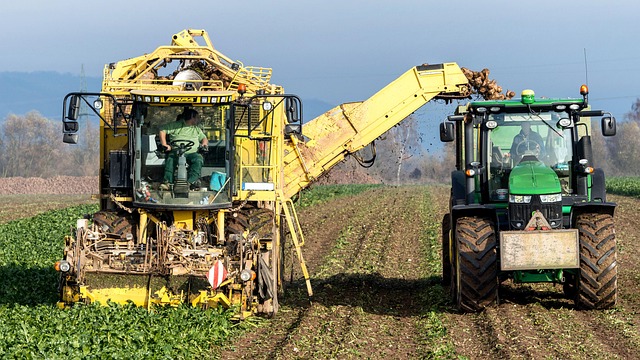In today’s fast-paced world, the demand for sustainable development has never been more pressing. As we navigate through the complexities of modern living, one factor emerges as crucial: our ecological footprint. Every choice we make, from the products we consume to the waste we generate, contributes to this footprint. One significant avenue for reducing it is through effective recycling practices.
Recycling is not just about throwing materials into a bin; it’s a vital part of a larger ecosystem aimed at sustainability. By reimagining waste as a resource, we can dramatically decrease the amount of trash that ends up in landfills, which in turn reduces greenhouse gas emissions. This is where green technologies come into play, offering innovative solutions that streamline recycling processes and make them more efficient.
Imagine a world where our recycling efforts are enhanced by smart technology. With advancements such as AI-driven sorting systems, we can minimize contamination in recyclables, ensuring that more materials are properly processed and reused. For instance, facilities equipped with machine learning algorithms can identify and sort plastics based on type, purity, and recyclability, enhancing the yields and effectiveness of recycling programs.
Moreover, green technologies extend beyond the physical process of recycling. They encompass the entire lifecycle of products—from the design phase to end-of-life management. Companies are now focusing on creating products that are easier to recycle, using materials that are non-toxic and environmentally friendly. This not only helps reduce waste but also fosters a circular economy where materials are continuously reused, ensuring our resources last longer.
Transitioning to carbon neutrality is another imperative in our pursuit of sustainability. The integration of renewable energy sources in the recycling process can significantly reduce carbon emissions. By harnessing energy from solar, wind, or other renewable sources to power recycling facilities, we move closer to a carbon-neutral future. Such practices not only mitigate the climate crisis but also inspire communities and businesses to adopt greener habits, further amplifying the recycling movement.
As individuals, we play a crucial role in this revolution. Each conscious decision we make about recycling, whether it’s properly sorting our waste at home or supporting companies with sustainable practices, contributes to a larger impact. Advocacy for better recycling programs and education on the importance of reducing our ecological footprint can create ripples of change within our communities.
By embracing these innovations and committing to responsible recycling habits, we can work together to achieve a sustainable future. The path to a greener planet is illuminated by our collective efforts in recycling and implementing green technologies, making it possible to envision a world where sustainability is the norm rather than the exception.




